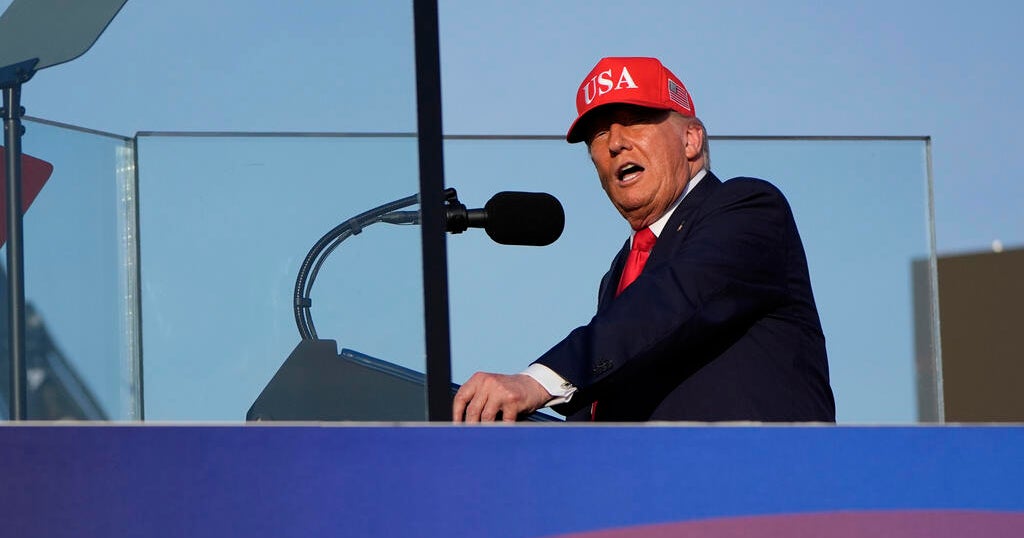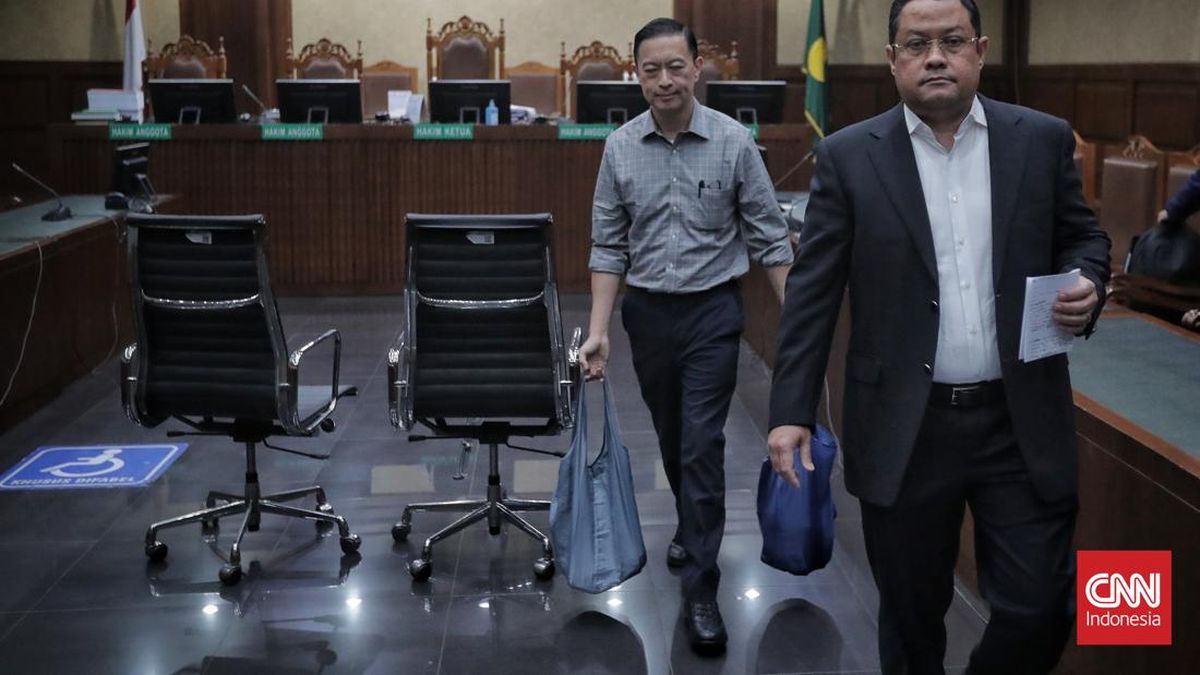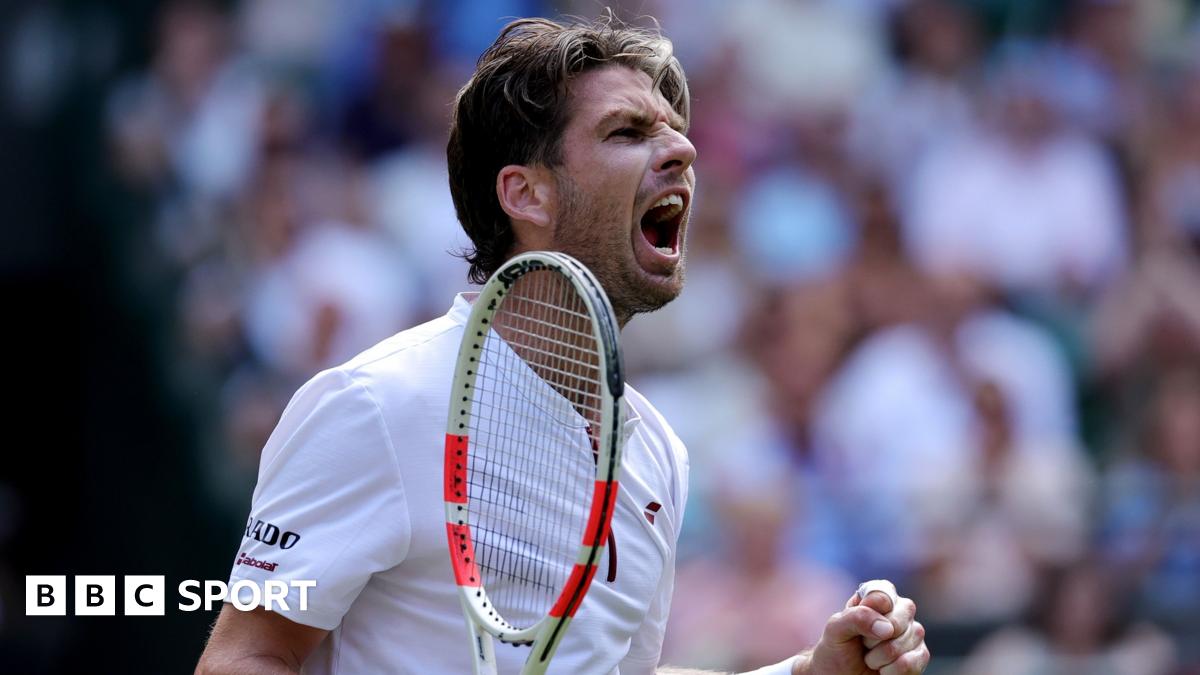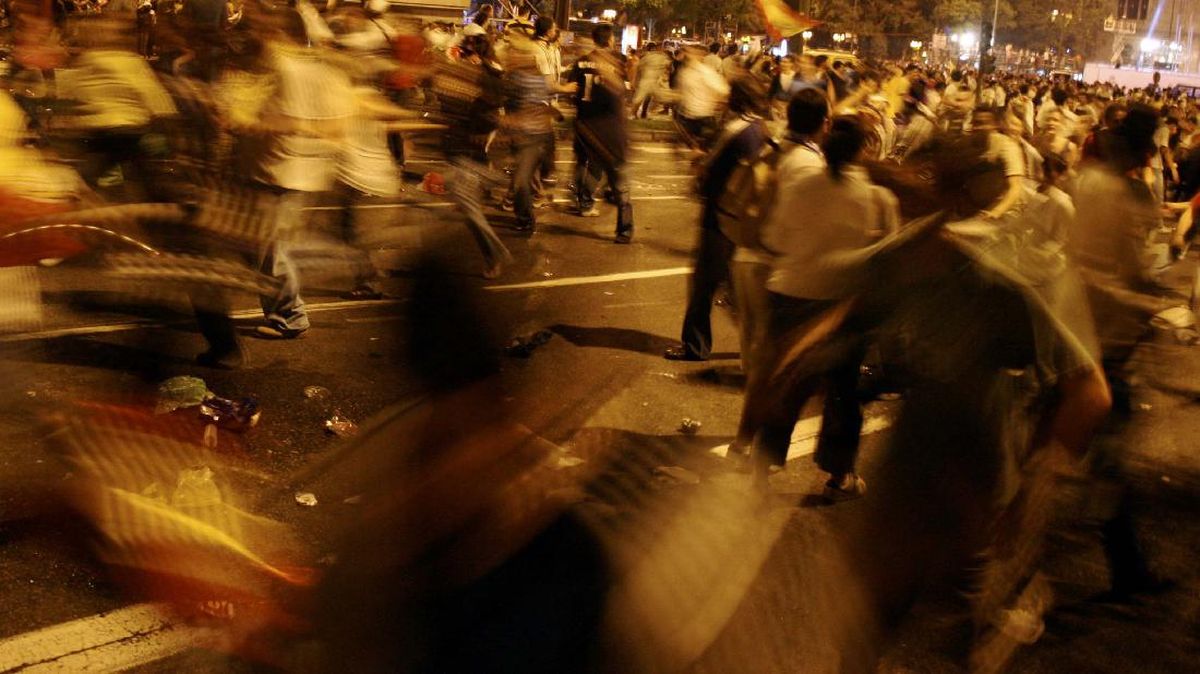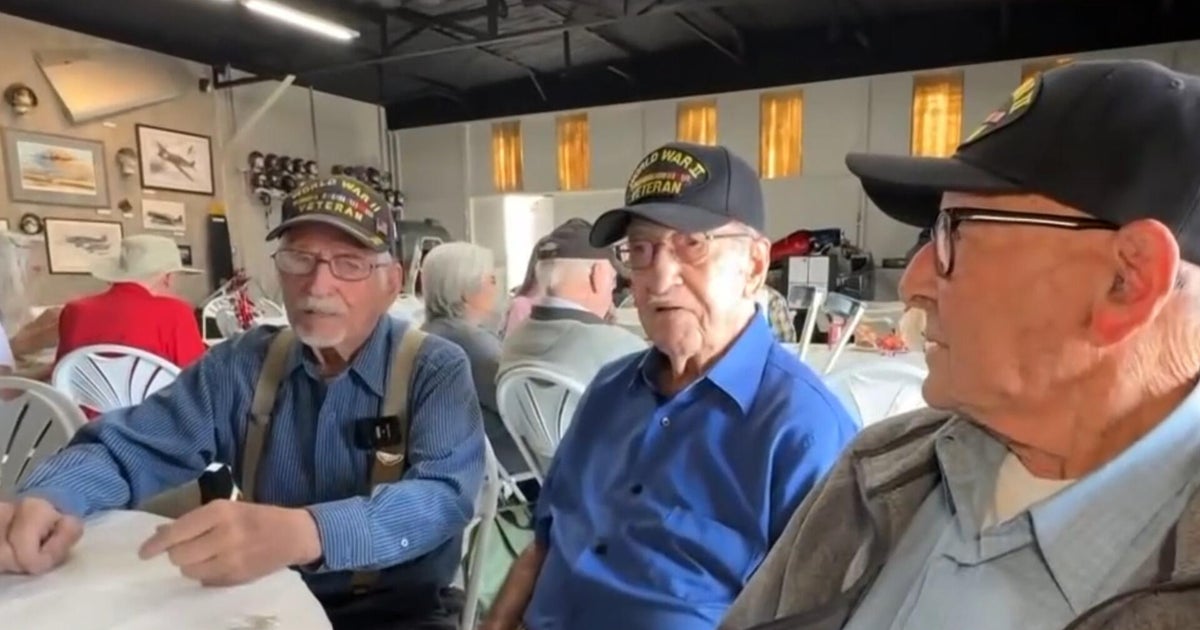Orla Guerin
Senior international correspondent in Sumy, Ukraine

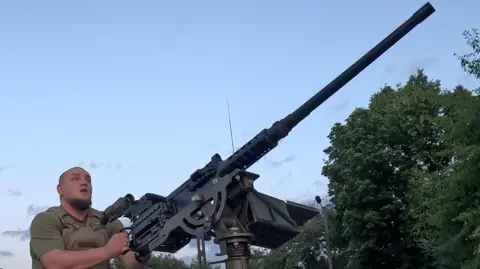 MOOSE CAMPBELL/BBC
MOOSE CAMPBELL/BBC
Soldiers on the Sumy front are trying to intercept about 100 drones from Russia a night.
As the evening light ebbed away a handful of Ukrainian troops emerged from the treeline to face an unequal fight. Their mission – to shoot down 21st Century killer drones with weapons designed in the dying days of World War One.
In Ukraine's north-eastern region of Sumy, bordering Russia, this is a nightly battle.
Just after we joined the troops, there was danger in the skies, and tension and adrenaline on the ground.
The commander – codenamed Jaeger – was glued to a screen showing clusters of red dots, each indicating an Iranian-designed Shahed drone, one of Russia's key weapons. By early evening, there were already 30 in the skies over Sumy, and the neighbouring region of Chernihiv.
Two flatbed trucks were driven out into a clearing – on the back of each a heavy machine gun and a gunner, scanning the skies. The trucks were flanked by troops, light machine guns at the ready.
We could hear the whirring of the propellers before we could see the drone - barely visible as it sliced through the sky. The troops opened fire - all guns blazing in unison – but the drone disappeared into the distance. These low-cost long-range weapons are terrorising Ukraine.
As often in war, there were flashes of humour. "You'll know when the next drone is coming, when that short guy gets nervous," said Jaeger, pointing at one of his team.

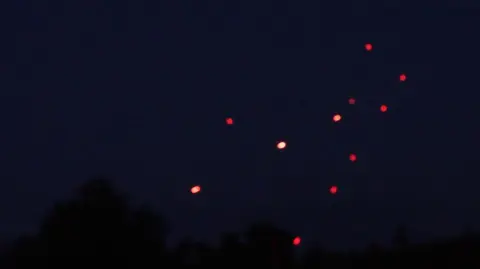 MOOSE CAMPBELL/BBC
MOOSE CAMPBELL/BBC
Tracer fire streaks across the sky as Ukrainian troops hunt Russian drones
As darkness closed in, the drones kept coming and the troops kept trying – sending tracer fire streaking across the sky. But how do they feel when these suicide drones get through?
"Well, it's not very good, "Jaeger says sombrely, glancing away. "You feel a slight sadness but to be honest - as you have seen - you don't have time for emotions. One comes in and another can come right behind it. You work in this rhythm. If it's taken down - good, if not, you know there are other teams behind you who will also engage it."
He and his men are a "mobile fire unit" from Ukraine's 117 Territorial Defence Brigade – all locals trying to defend not just their hometown but their country. Most Russian drones fly through this region and deeper into Ukraine.
"They come in massive waves, often flying at different altitudes," says Jaeger. "When there is heavy cloud cover, they fly above the clouds, and we can't see them. And it's very hard to detect them when it's raining."
A hundred Shahed drones a night is standard for Sumy.
His unit includes a farmer ("now I do something else in the fields," he jokes) and a builder. Jaeger himself is a former forest ranger, and mixed martial arts fighter.
Now he fights an enemy he can barely see.
"It's the same thing every single day, over and over again," he says. "For us, it's just like Groundhog Day."
"The worst thing is that years are passing by," adds Kurban, the builder, "and we have no idea how long all this is going to last".

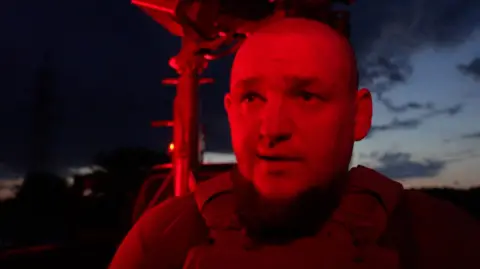 MOOSE CAMPBELL/BBC
MOOSE CAMPBELL/BBC
Jaeger leads a unit of locals trying to defend Sumy and other parts of Ukraine from Russian drones
Many of the drones in the skies over Sumy that night were headed for the capital, Kyiv. Jaeger and his men knew it. So did we. The knowledge was chilling.
An air raid alert warned the residents of Kyiv of incoming drones. Russia aimed more than 300 at the capital overnight, according to the Ukrainian air force, trying to overwhelm its air defences. By morning six locations had been hit, and the victims were being reclaimed from the rubble. In the days that followed the death toll climbed to 30.
In Ukraine's fourth summer of full-scale war the fields around Sumy are dotted with corn and sunflowers, not yet in bloom, and a crop of dragon's teeth - triangles of concrete which can stop tanks in their tracks.
The picture was very different last autumn. Ukrainian troops had turned the tables with a cross-border attack on Russia, capturing territory in the neighbouring region of Kursk.
By March of this year, most were forced out, although Ukraine's military chief said recently it still holds some territory there. By May, President Zelensky warned that 50,000 Russian troops were massed "in the direction of Sumy".
By June, more than 200 villages and settlements in Sumy had been evacuated, as the Kremlin's men slowly shelled their way forward.
President Putin wants "a buffer zone" along the border, and is talking up the threat to the city of Sumy.
"The city…is next, the regional centre," he said recently. "We don't have a task to take Sumy, but I don't rule it out." He claims his forces are already up to 12 kilometres (7.5 miles) inside the region.
Warning: The following section contains distressing details
The head of Ukraine's army, Gen Oleksandr Syrskyi, claims his troops have halted the Russian advance, but the war has already closed in on Margaryta Husakova, 37, menacing her village. She warned her sister not to come because there were explosions.
"She came anyway," Margaryta says, "and everything was fine for a month, quiet and peaceful, until we got on that bus".
On the morning of 17 May, the sisters set out with other relatives for a trip to the city.
"I remember how we came, got on the bus, how we laughed, were happy," says Margaryta. "Then we started to leave, and it happened."
The bus was ripped apart by a Russian drone, in an attack that killed nine people – all civilians - including her mother, her uncle and her sister.
Margaryta was pulled from the wreckage with a shattered right arm – now held together by steel rods.

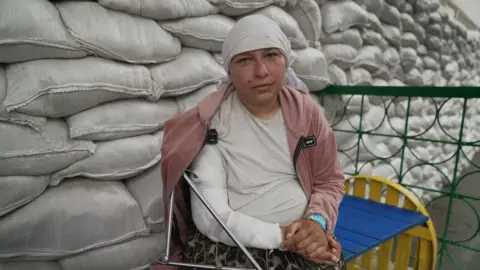 MOOSE CAMPBELL/BBC
MOOSE CAMPBELL/BBC
Margaryta lost her mother, sister and uncle in a drone strike on her bus. She survived with a shattered arm
She is tormented by what she lost, and what she saw. Her description is graphic.
"I opened my eyes, and there was no bus," she said, her voice beginning to break. "I looked around and my sister's head was torn off. My mum too, she was lying there, hit in the temple. My uncle had fallen out of the bus, his brain was exposed."
We met at a sand-bagged reception centre for evacuees in Sumy. Margaryta sat outside on a wooden bench, seeking comfort from a cigarette. She told me she was planning to leave for the home of another relative, but feared her eight children might not be safe there either.
"Maybe we will have to run away even further," she said, adding: "It's scary everywhere."
"I'm terrified, not for myself but for the children. I must save them. That's what matters."
As we spoke an air raid siren wailed overhead – the sound so familiar that Margaryta did not respond. Neither did anyone else around us. "We only run for explosions now," a Ukrainian journalist explained "and only if they are loud and close".

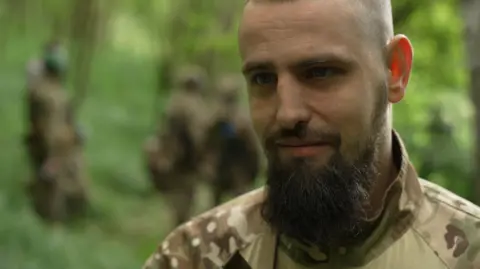 MOOSE CAMPBELL/BBC
MOOSE CAMPBELL/BBC
Soldiers, such as "Student", have seen relationships break down due to the strain of years of war
There's little talk in Sumy of a ceasefire, let alone an end to Europe's largest war since 1945.
US President Donald Trump no longer claims he can deliver peace in Ukraine in a day. He's become embroiled in a newer war, bombing Iranian nuclear sites.
Talks between Russia and Ukraine have delivered only prisoner exchanges, and the return of bodies. President Putin appears emboldened and has been upping his demands.
With the Summer sun still overhead, those trying to save Ukraine expect more Winters of war. We followed a bumpy track deep into a forest to meet troops fresh from the front lines. They were getting a refresher course in weapons skills at a remote training ground. A battle-hardened 35-year-old with a shaved head and full beard was among the group - call sign "student".
"I think the war won't end in the next year or two," he told me. "And even if it does end in six months with some kind of ceasefire, it will start again in four or five years. President Putin has imperialist ambitions."
War inflicts wounds – seen and unseen.
"Student" sent his family abroad for safety soon after Russia's full-scale invasion in February 2022 and has been unable to see his two daughters since then.
He and his wife are now divorced. Other soldiers we met also spoke of broken relationships and marriages that have buckled under the strain.
Student sums up war as "blood, dirt and sweat" and does not try to conceal the cost. "We joined our battalion, as a platoon of 30 neighbours," he told me.
"Today, only four of us remain alive. "
Additional reporting by Wietske Burema, Moose Campbell and Volodymyr Lozhko

 4 hours ago
4
4 hours ago
4

